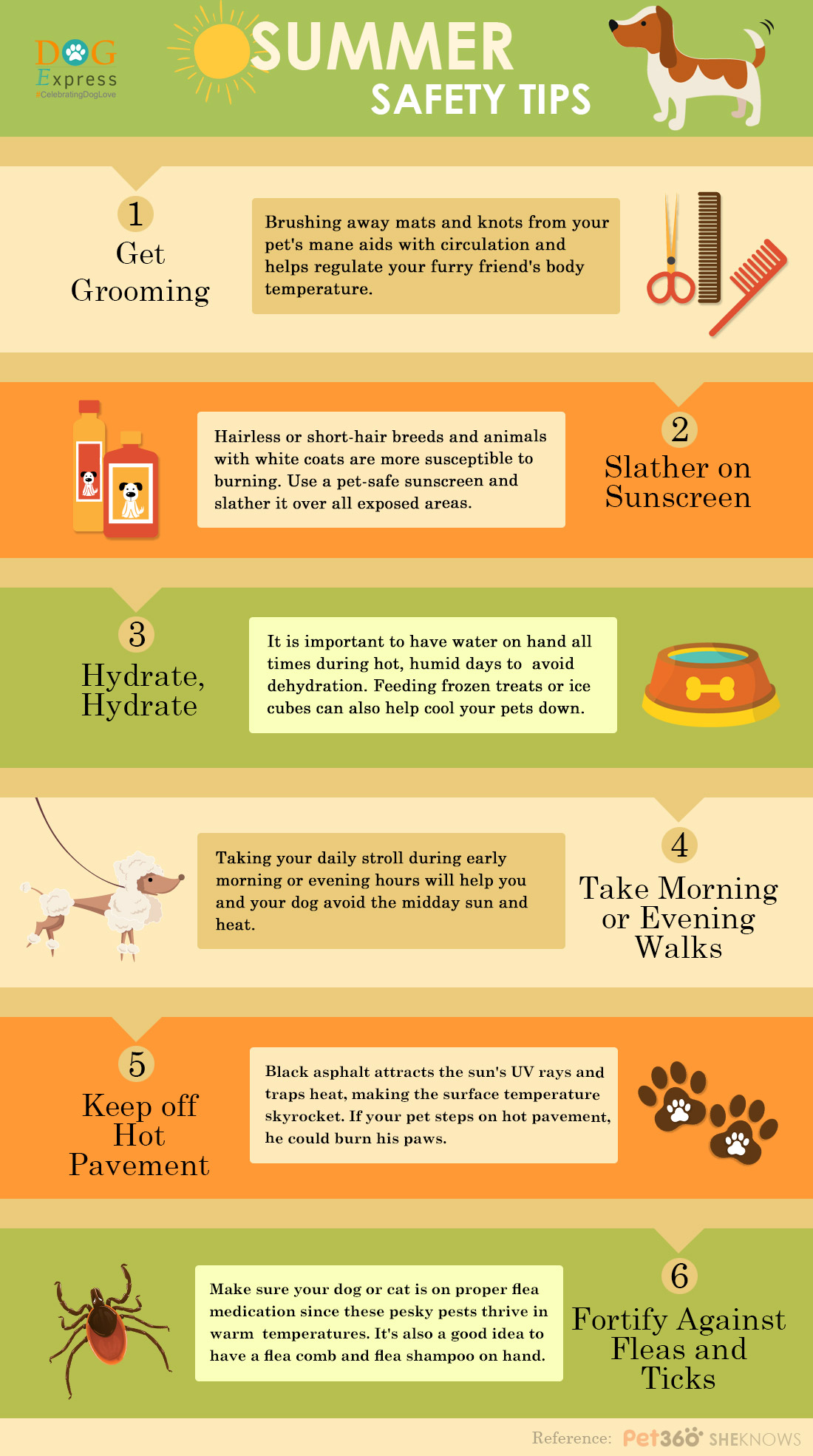Dog Daycare Checklist
Dog Daycare Checklist
Blog Article
Can Canine Childcare Reason Health Problem?
Canines in daycare obtain great deals of exercise, socialization with various other pet dogs and special experiences. This can be particularly helpful for pups and pet dogs with behavioral issues.
There are numerous lawful considerations you need to take into consideration when beginning a dog childcare business. These include the structure of your service and conformity with federal government laws.
1. Canine Distemper
Canine distemper is spread through direct contact with the bodily fluids and waste of an infected pet dog, however it can additionally be sent using common water and food bowls or through airborne droplets. This highly infectious health problem is most hazardous for pups, yet it can influence pets of any kind of age and is fatal for most if left neglected.
Preliminary signs of canine distemper typically imitate a cold, including drippy eyes and nose with watery or pus-like discharge. As the illness advances, a canine will establish fever, coughing, decreased hunger, vomiting and diarrhea. The virus can also attack the nervous system, resulting in seizures, twitching and partial or complete paralysis.
Trusted day cares decrease exposure to infection by requiring inoculations, regular health examinations and adhere to stringent hygiene procedures. If your puppy seems overly tired or hopping, a day off might aid him recuperate, however you ought to avoid taking him back to daycare until these symptoms clear up.
2. Kennel Cough
Kennel coughing, additionally referred to as contagious canine tracheobronchitis or Bordetella, is a highly contagious viral or microbial condition that impacts the breathing tract. It's typically transferred via the exchange of saliva or air beads that an ill canine exhales. Social pets go to higher risk for infection due to their frequent communication with each other, such as when they play, share food or water, sniff one another or simply fulfill in a congested environment like a dog park or childcare.
One of the most typical symptom of kennel coughing is a relentless and powerful cough that sounds like something embeded the throat or retching. Typically, canines will divulge frothy white phlegm. If left untreated, a pet can establish pneumonia and be at serious danger for life.
A reliable daycare center must have strict cleansing and hygiene procedures, sanitize all playthings, food and water bowls on a regular basis, and be open regarding their inoculation policies. Keeping your pet as much as day on their vaccinations, specifically for bordetella and canine flu, will considerably decrease their opportunities of acquiring the illness.
3. Parvovirus
Canine parvovirus, or parvo, is a very infectious viral illness that can be dangerous for puppies and young person canines with inadequate body immune systems. It's most typically spread out by direct contact with infected pet dog feces-- which can happen when pets sniff, lick, or preference infected feces-- and indirectly from contaminated individuals, objects, or settings (like kennels, grooming areas and yards). Puppies and pet dogs without complete inoculation histories are specifically vulnerable to parvo.
The infection is incredibly resistant, making it through in the setting for up to nine years, and can quickly be moved in between dogs by contact with feces or on shoes, garments, and bed linens infected with parvovirus. If not treated right away with IV liquids, electrolyte equilibrium, throwing up control drugs and antibiotics to avoid second bacterial infections, a pet will rapidly dry out and develop serious looseness of the bowels, which results in shock and blood poisoning. Parvo is challenging to heal once a canine has actually become ill, yet with appropriate vet treatment, lots of pups do survive this health problem.
4. Pooch Influenza
Dog influenza virus is highly infectious and spreads via direct get in touch with, sharing food and water bowls, licking or nuzzling various other dogs, with air-borne droplets, and via contaminated surfaces. Inoculation is effective in minimizing the risk dog board and train near me of infection and break outs.
The majority of affected pet dogs create a mild breathing infection with a coughing that lasts 1-3 weeks. They may also have nasal and eye discharge, sneezing, and sleepiness. A few of one of the most significant situations cause pneumonia and a high fever.
If your pet exhibits any one of these signs, do not bring them back to daycare until they are healthy and balanced. If your pet is showing indications of severe fatigue or limping, speak to your veterinarian immediately and make certain they get on good health supplements to assist construct their immunity. A veterinarian will certainly review your dog for signs of the influenza by taking an example from the nose or throat, and blood tests can be done to confirm.